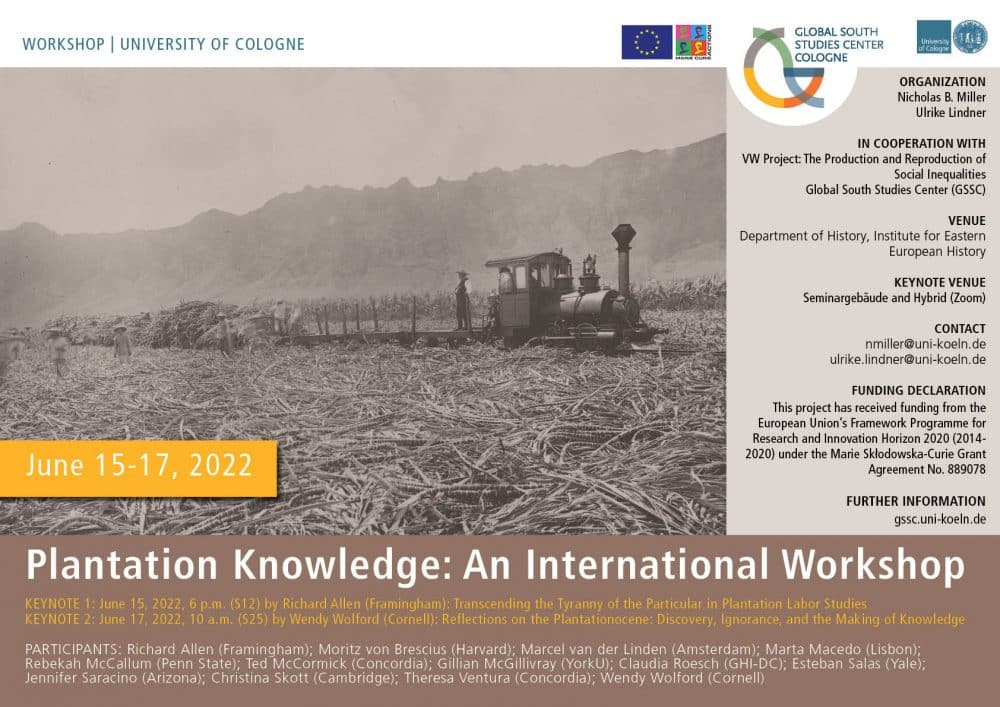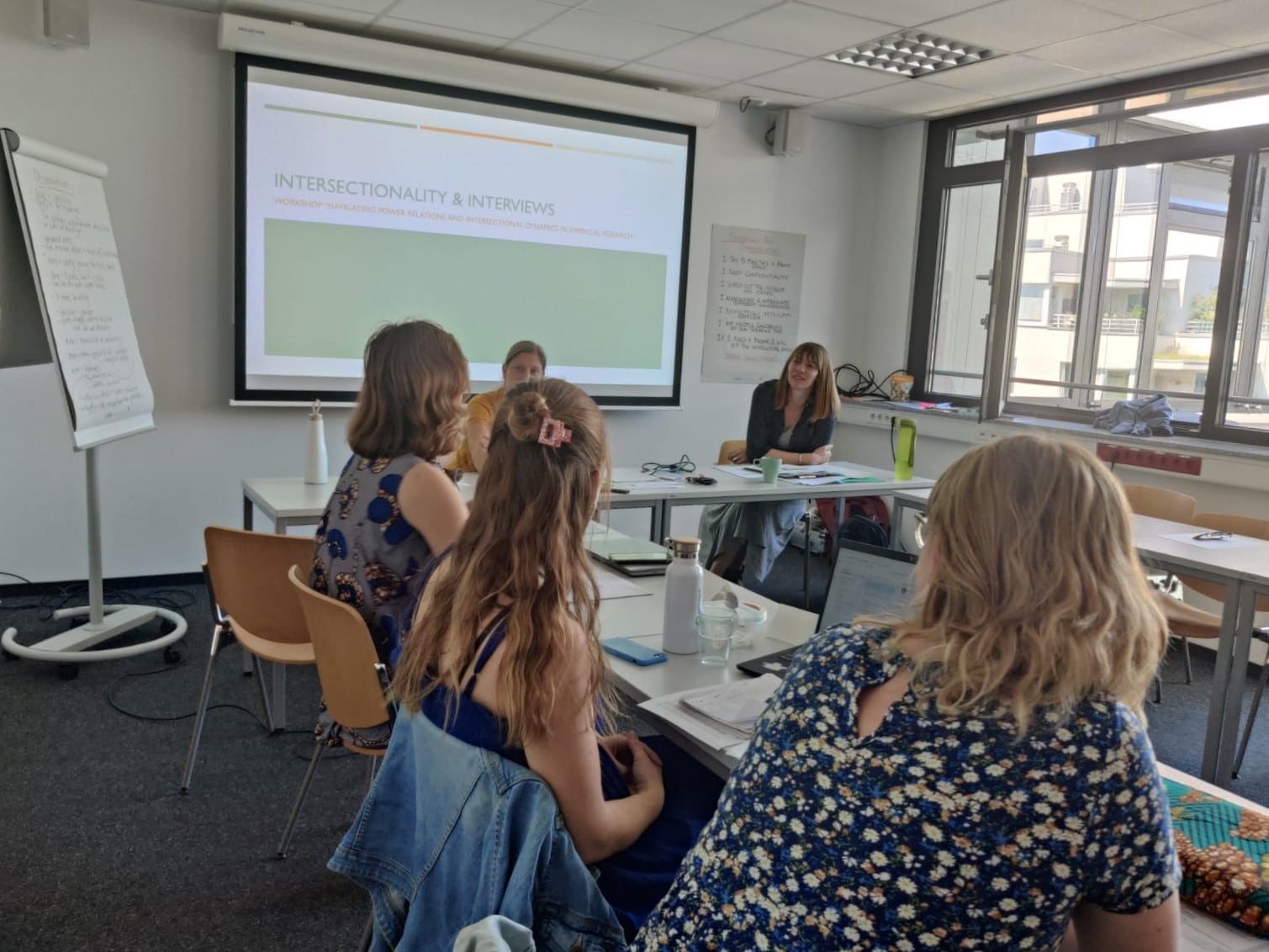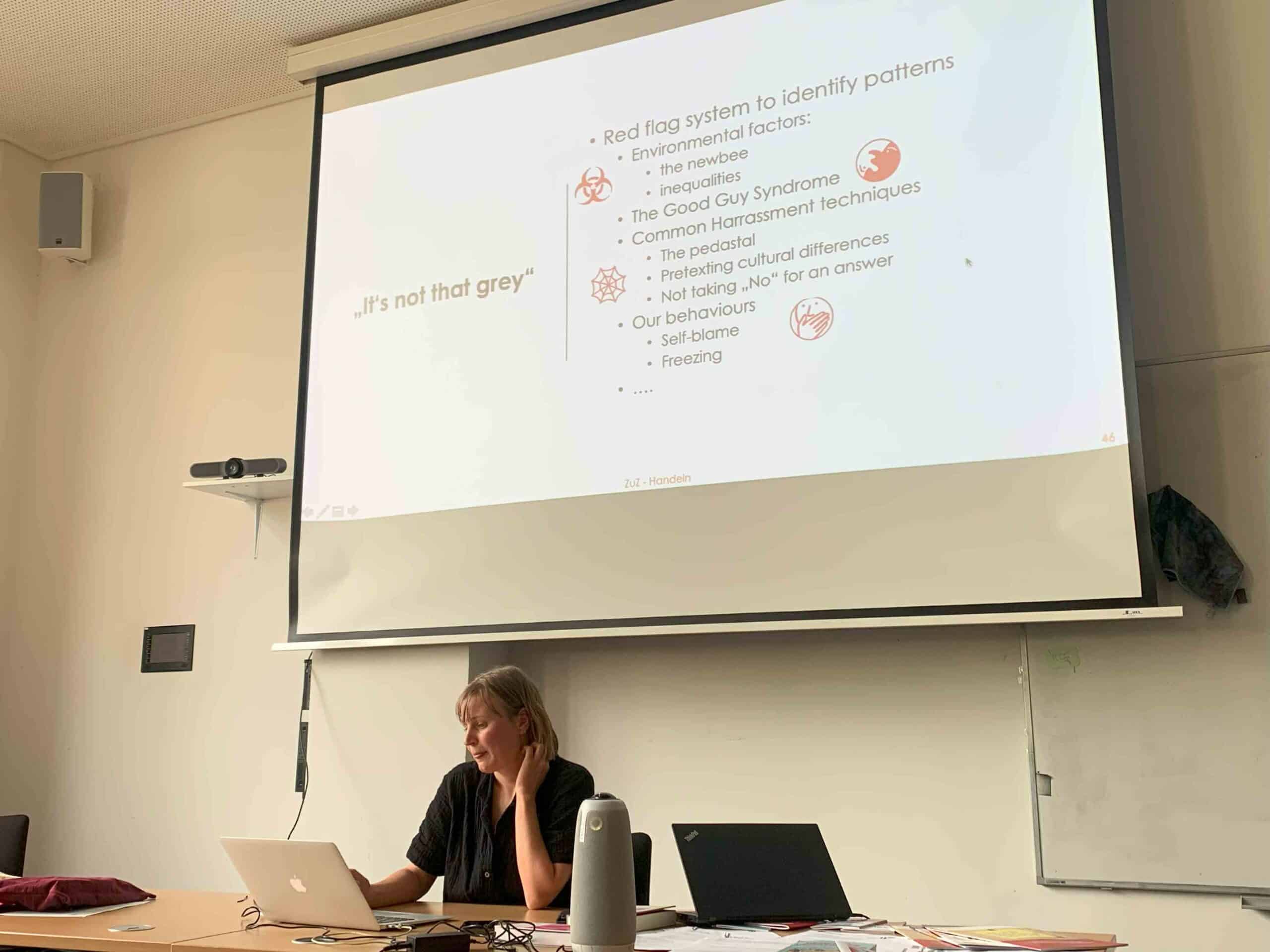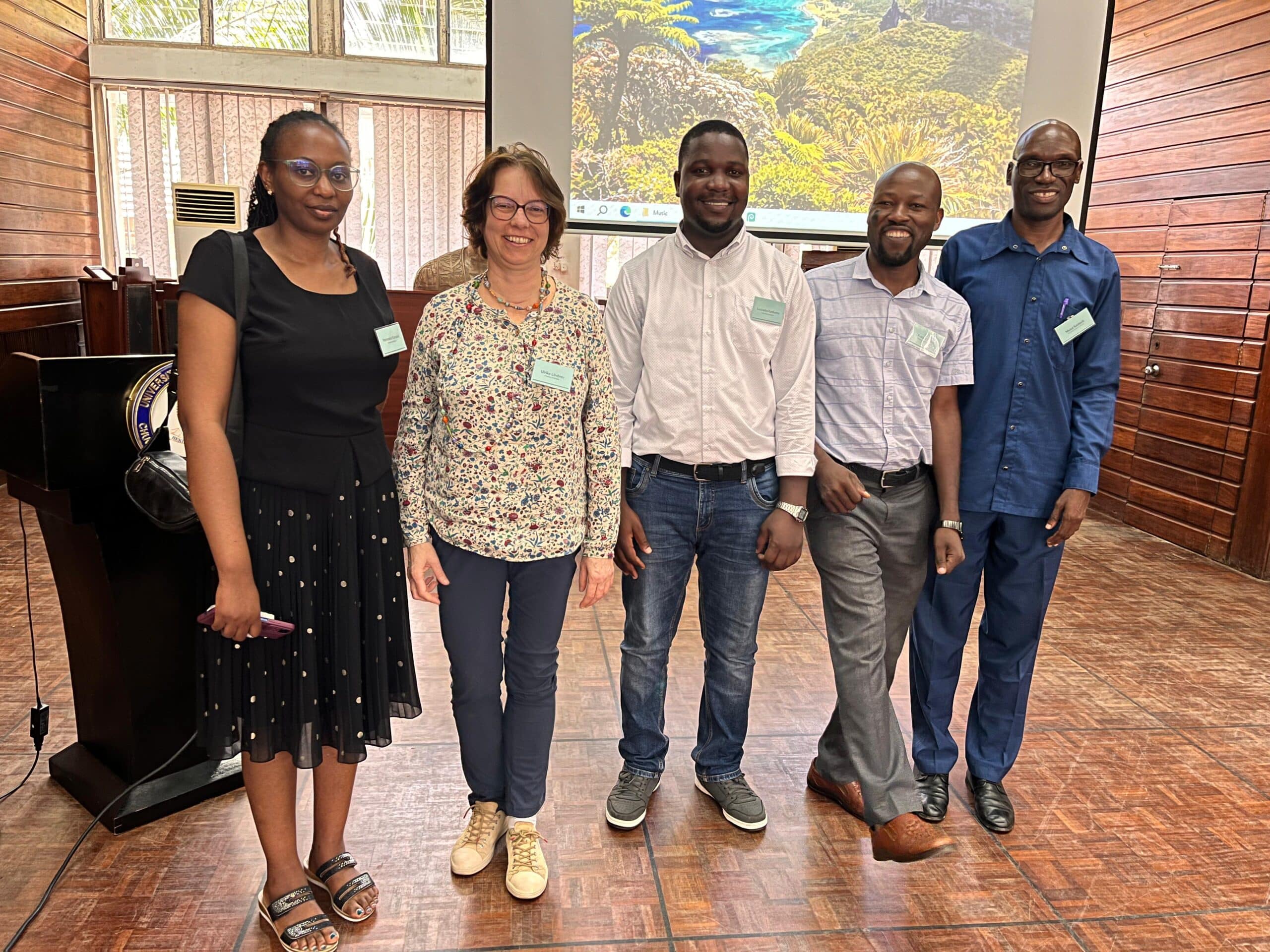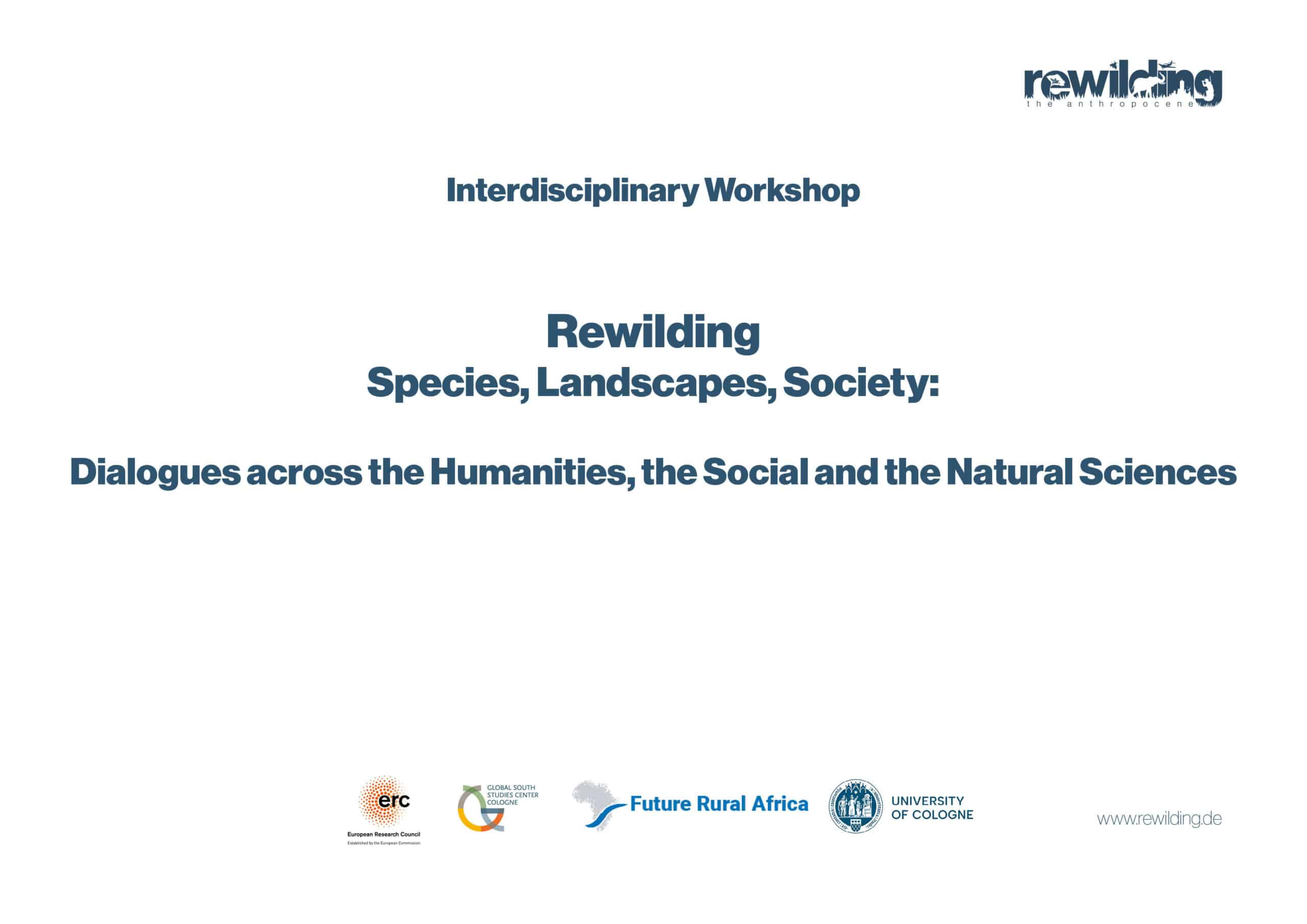Plantation Knowledge: An International Workshop
15-17 June 2022.
The fraught and complex legacies of the plantation—historically, environmentally, socially, politically, economically—currently occupy a center stage of interdisciplinary scholarship. Site to the brutal exploitation of human and natural resources, the plantation was a veritable laboratory of new techniques of agricultural production, labor control, and carceral governance. Taking up this latter observation, we will consider an under-explored question in a three-day workshop funded through the Marie Curie individual fellowship “Migrating Knowledge:” how did the plantation serve to instigate new forms of knowledge?
We adopt a longue-durée approach to the history of the plantation and its effects as a space for the production, making, and networking of knowledge. Across their various iterations, plantations were intertwined with the rise of global capitalism and industry as well as new forms of labor exploitation and political governance. Through the tireless pursuit of maximum yields, plantations were sites where practices, techniques, and technologies of intensive agricultural production were forged and contested. At core, we are interested in proposals that pursue the various forms of knowledge instigated by and developed at plantations, and grapple with the challenge of contextual diversity across time and space. Our discussion will revolve around three dimensions in particular:
- knowledge economies, or the economic factors of knowledge generation at plantation sites;
- knowledge making, understanding plantations as sites where new forms of rule and discipline were crafted to manage and discipline subject laborers, including dimensions of racialization, migration, and labor organization;
- knowledge networking, including plantation-induced interlinkages between planter, administrative, scientific, consular, and laborer brokering networks.
The contributions to this workshop take up case studies ranging throughout the early modern and modern periods and crossing the diverse islands and maritime worlds in which plantations were (and are) historically most pronounced. Building on scholarship on non-European forms of capitalism, some of us probe non-European attempts to contest plantation production as well as profit from plantation involvement, including as labor brokers, merchants, and rural intermediaries. Other contributions demonstrate how diverse forms of knowledge fed into contextually and historically specific iterations of plantations, including technical, botanical, labor, organizational, and managerial knowledge. We also investigate the political knowledge produced by and in response to the plantation within our broad chronological period. This includes tactics for racialized data collection by colonial states and planter organization; likewise, it encompasses forms of resistance that were circulated through labor and broker networks. We suggest that a focus on knowledge can contribute to a global history of the plantation that showcases dimensions through which agency was exerted by diverse actors, including those often-termed subaltern.
The two goals of the workshop are to initiate a research network in the field of Plantation Knowledge and prepare papers for a special edition of a major journal in the field of labor history and the history of knowledge.
Keynote Lecture 1:
“Transcending the Tyranny of the Particular in Plantation Labor Studies”
Richard Allen (Framingham State, Massachusetts),
Wednesday 15 June 2022
18:00-19:30: Room S 12, Seminargebäude, University of Cologne
For Zoom-Participants:
https://uni-koeln.zoom.us/j/96422170315?pwd=ZlRkTU44M1V4UVRCN1B0OXkxZVFYZz09
Meeting-ID: 964 2217 0315
Passwort: 861606
Keynote Lecture 2:
“Reflections on the Plantationocene. Discovery, Ignorance and the Making of Knowledge”
Wendy Wolford (Cornell University),
Friday 17 June 2022
10:00-11:30: Room S 25, Seminargebäude, University of Cologne
For Zoom-Participants
https://uni-koeln.zoom.us/j/95866547661?pwd=c3pSZEVmYzc3NVhsRXlSTHd3OHhjZz09
Meeting-ID: 958 6654 7661
Passwort: 131464
More Information:
https://nicholasbmiller.com/migknow/workshop
This workshop is generously funded through a project that has received funding from the European Union’s Framework Programme for Research and Innovation Horizon 2020 (2014-2020) under the Marie Skłodowska-Curie Grant Agreement No. 889078
Organizers:
- Nicholas B. Miller (Universität zu Köln and Flagler College)
- Ulrike Lindner (Universität zu Köln)

